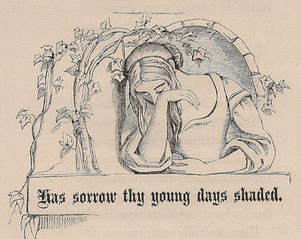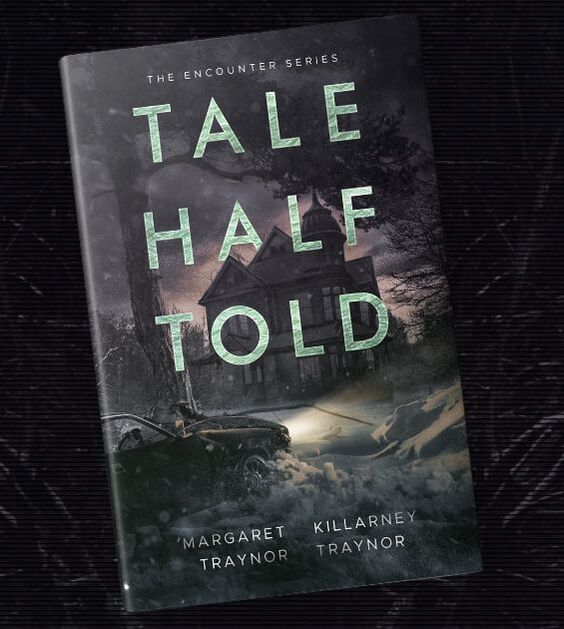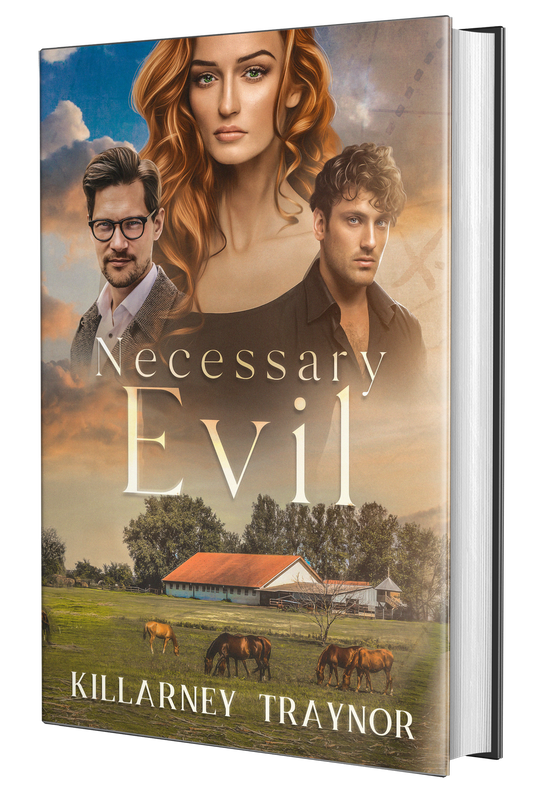|
Previously published, but worth repeating.... Now with helpful illustrations!  Writers are, by nature, sensitive beings, prone to sudden fainting spells and frequent temper-tantrums. Writers are, by nature, sensitive beings, prone to sudden fainting spells and frequent temper-tantrums. It is inevitable that every writer will, upon submitting their novel for editing, have that conversation. You know, the one where your editor slides your baby, the thick pile of pages that you've spent so many doting hours on, and utters those dreaded words: "I think you need to cut this scene." Cutting unnecessary scenes is normal, a natural part of the writing process, and one that should be faced with dignity, maturity, and calm acceptance. But since we're writers and artists, calm and dignity might be expecting a little much. It can help to know that, not only are we not alone, but there are actually five stages to receiving and accepting an edit. For the benefit of mankind, I outline them here, with illustrative dialog (which may or may not be autobiographical). Behold: the Five Stages of Editing Acceptance (or, How to Survive Your Mean Editor, with helpful illustrations...)  1. Denial The writer will resist the cut/edit/suggestion vehemently, to the point of self-delusion. "What are you talking about? This doesn't need to be cut. This is a perfectly gorgeous scene, so well written Shakespeare would have prostrated himself before my pen! PG Wodehouse would have given up and gone into drama. Shelley and Keats would rise from the dead just to praise me in verse! Yes, it's absolutely necessary. Why? Um, character development, of course. Yes, character development. No, I'm not making that up. Shorten it? Are you nuts? The main character finds a squirrel in her house - it takes twenty pages to describe that properly!"  2. Anger On facing the editor's implacable insistence, the writer will often turn hostile. "Well, what do you know, anyway? I'm the writer - in this story, I'm the puppet master, the know-all, be-all and end-all. You just don't understand. Like everyone else, you can't just leave art alone - you have to try to destroy it. Why are we even friends? Yes, the squirrel is important! Do you hate squirrels or something? No, I will NOT keep my voice down. Yes, I will keep that scene, I will, I will, I will! You can't make me cut it. YOU ARE SO UNFAIR!"  3. Bargaining Feeling helpless, the writer will then try to regain control of the situation. "All right, all right, fine! I'll consider it. How about I cut it back by about five pages. Seven? Ten... Ten, and I'll also cut the grocery store scene. Okay, okay, okay, final offer: I'll cut the squirrel scene by fifteen pages and the grocery store scene and toss in another romance scene to sweeten the deal, what do you say?... "Read it again and get back to you? If I do that, can I keep the squirrel scene?"  4. Depression Being forced to accept the authority of the editor, the writer will inevitably slump into self-recrimination and depression. "Yes. "Yes, I re-read it. You were right. It's horrible. It's stupid, a complete waste of time, ink, and paper. I can't believe I wrote this. Actually, I can. I'm the worst writer ever. This book make PS: I Love You look like a Pulitzer Prize Winner. I should never have learned to write. And what's worse, I ripped into you like... like.... "Well, that’s it. I quit. I'm turning in my keyboard. I'll throw myself on my pencil. Why am I even here? I'm a terrible writer, a terrible friend, a terrible person, and I need a double shot of Crown, like, right now."  5. Acceptance Moving forward, the writer sees the wisdom in the suggestion and begins to rebuild their self-esteem - which will last until the next edit or critique. "Okay, okay, I've cut the scene altogether and you know what? The story flows so much better now! It isn't terrible at all! It's tight, it flows, and I am a genius! Oh, right, it was your idea, I know, but that's what editors are for, right? "Hey, you know, I was feeling so good, I actually added an epilogue. Remember the tangerine incident? Maybe you haven't gotten that far, but it's hilarious, so I expanded it into this cool little... "Oh, you read it? What did you think?... It's not trite. It's cute!... Cliche! Honestly, you make me so mad sometimes!" Ad nauseum. Writers: making the emotionally unstable look like stoics since the invention of the hieroglyphic.
0 Comments
Your comment will be posted after it is approved.
Leave a Reply. |
The BlogWelcome to Categories
All
|
Copyright © Killarney Traynor
All Rights Reserved.
No part of this website may be reproduced without
the Owner's express consent. [Backlinks allowed.]
All Rights Reserved.
No part of this website may be reproduced without
the Owner's express consent. [Backlinks allowed.]


